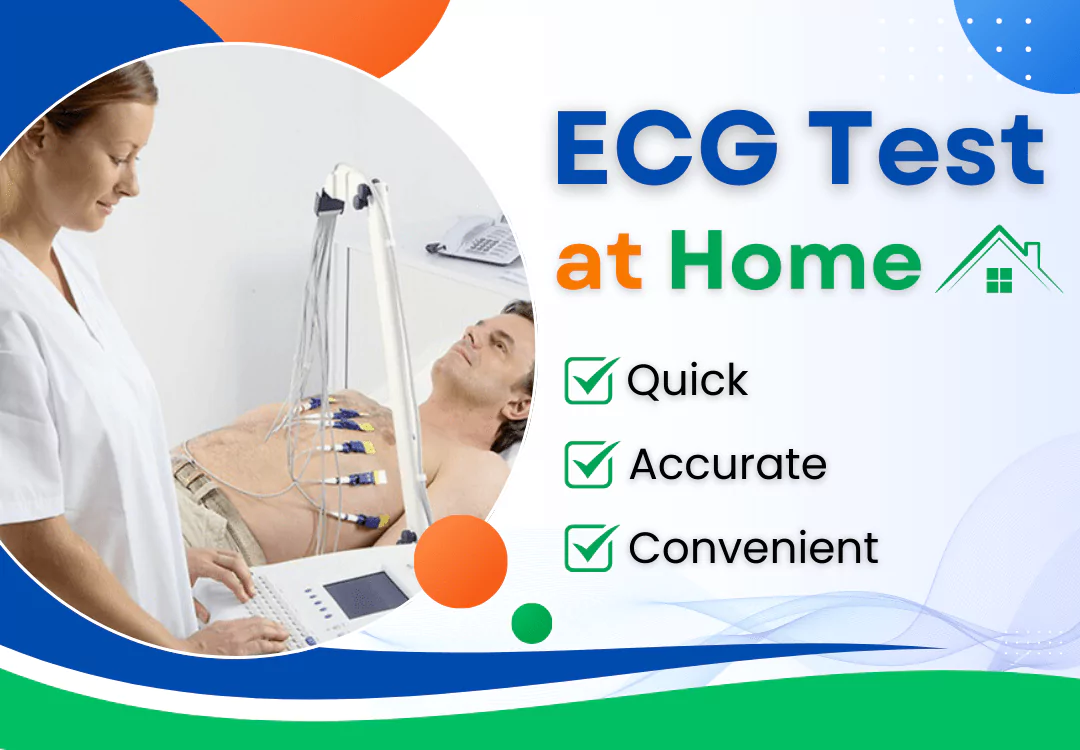What is ECG?
ECG stands for electrocardiogram, a medical test that measures and records the heart’s electrical activity. An ECG is a non-invasive test performed by placing small electrodes on the skin of the chest, arms, and legs. These electrodes detect the heart’s electrical signals as it beats, and the information is recorded and displayed on a monitor or printed on paper. ECGs diagnose various heart conditions, including arrhythmias, heart attacks, and heart disease.
What conditions can an ECG help diagnose?
An ECG (electrocardiogram) is a heart monitoring test that can help identify various heart conditions. It is typically recommended for individuals who experience irregular heartbeats, difficulty breathing, high blood pressure, or those suspected of having a heart problem.
The test can help detect
- Arrhythmias: these are abnormal heart rhythms that can be too fast, too slow, or irregular.
- Cardiomyopathy: a disease of the heart muscle,
- Heart attacks: that occur due to a lack of blood flow to the heart
- Coronary heart disease: occurs when the coronary arteries that supply blood to the heart become narrow. Additionally, an ECG may be recommended if you have a family history of heart conditions, recently suffered a heart attack, or have started taking medication for heart disease. Overall, an ECG is an important tool that helps doctors identify irregularities in the heart and make accurate diagnoses for proper treatment.
When to take the ECG test?
It is recommended by the cardiologists if you experience the following:
- Chest pain
- Palpitations
- Easy fatiguability with swelling in legs
- Shortness of breath during everyday activities
- Congenital heart disease
- Any breathlessness and coughing at night
Other symptoms also include:
- Epigastric pain
- Back, neck, jaw, or arm pain without chest pain
- Syncope or near-syncope
- Weakness
- The feeling of anxiety or impending doom These symptoms indicate an underlying heart disease that needs to be evaluated and managed.

